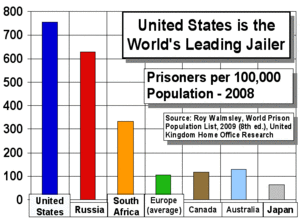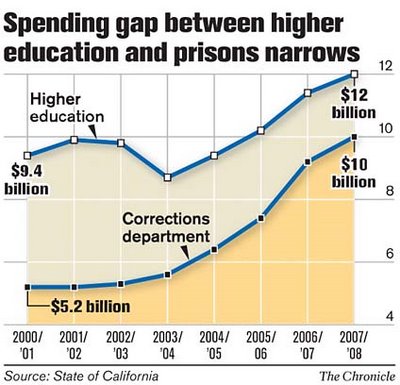Zaid Jilani wrote for Republic Report 15 February 2012, Minnesota Governor Calls Out Corporate Front Group ALEC, Vetoes Its Bills
It has grown so powerful that it now has nearly one-third of all state legislators under its umbrella.Here’s video: Continue readingALEC has worked with legislators to pass bills ranging from issues as diverse as stripping unionized workers of their rights to making it harder for low-income citizens to vote. It is usually able to do so because it hands its corporate-written template bills to state legislators and gets them passed without any public scrutiny as to the origin of this legislation.
Late last week, Minnesota Gov. Mark Dayton (D)
decided that corporate front groups like ALEC should not be able to write his state’s laws. Dayton decided to veto a series of “tort reform” bills that would’ve restricted the rights of citizens to sue to hold big corporations responsible. In a press conference discussing his vetoes, Dayton condemned ALEC for providing the templates for the bills. “I’ve found that Minnesotans do not want their laws written by the lobbyists of big corporations,” said Dayton.









 Frequent attendees told me the audience was much larger
than in previous years, and one attributed that to the recent
school consolidation referendum.
Sitting side by side were Chamber Chair Tom Gooding and
FVCS President Sam Allen.
Frequent attendees told me the audience was much larger
than in previous years, and one attributed that to the recent
school consolidation referendum.
Sitting side by side were Chamber Chair Tom Gooding and
FVCS President Sam Allen.
 Jeff Hanson introduced the legislators.
He’s the Chair of the Chamber’s
Jeff Hanson introduced the legislators.
He’s the Chair of the Chamber’s
 “Dr. Z” as Tim Golden called him.
“Dr. Z” as Tim Golden called him.



